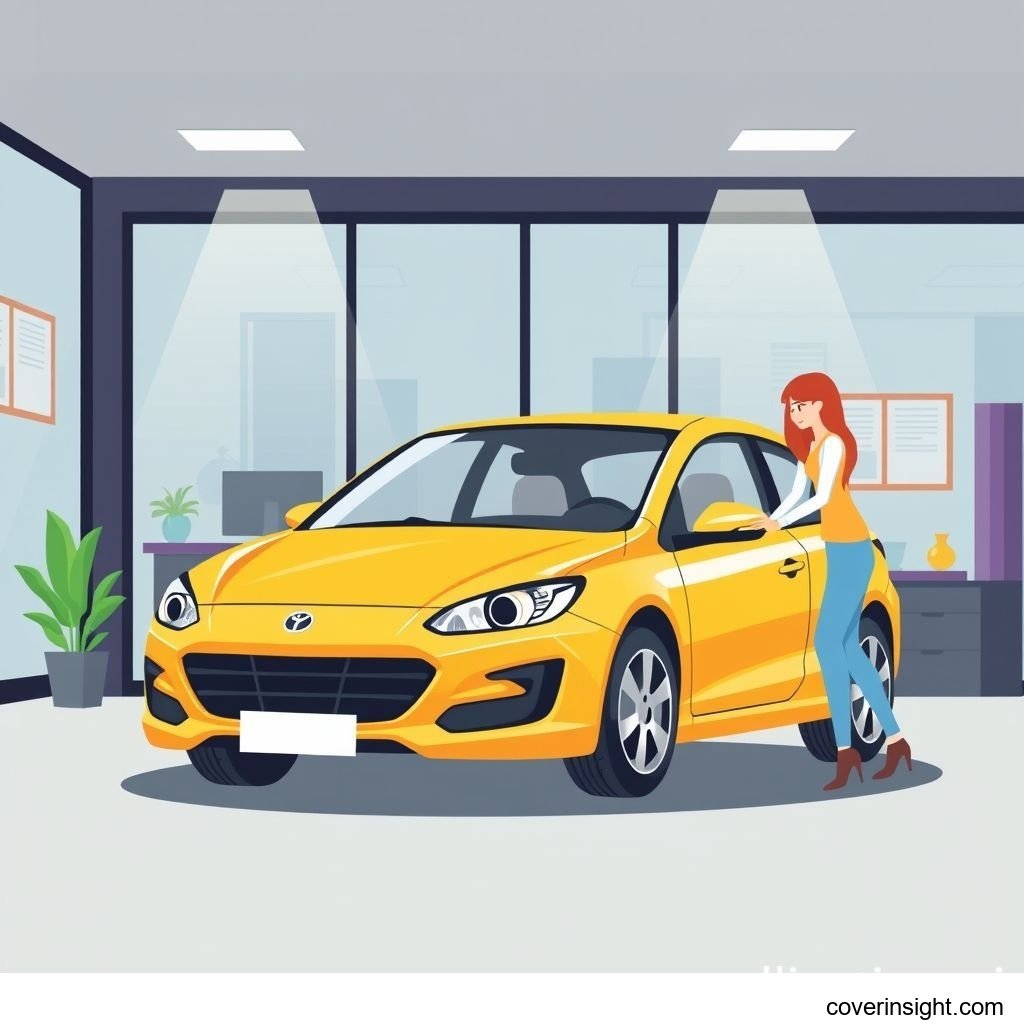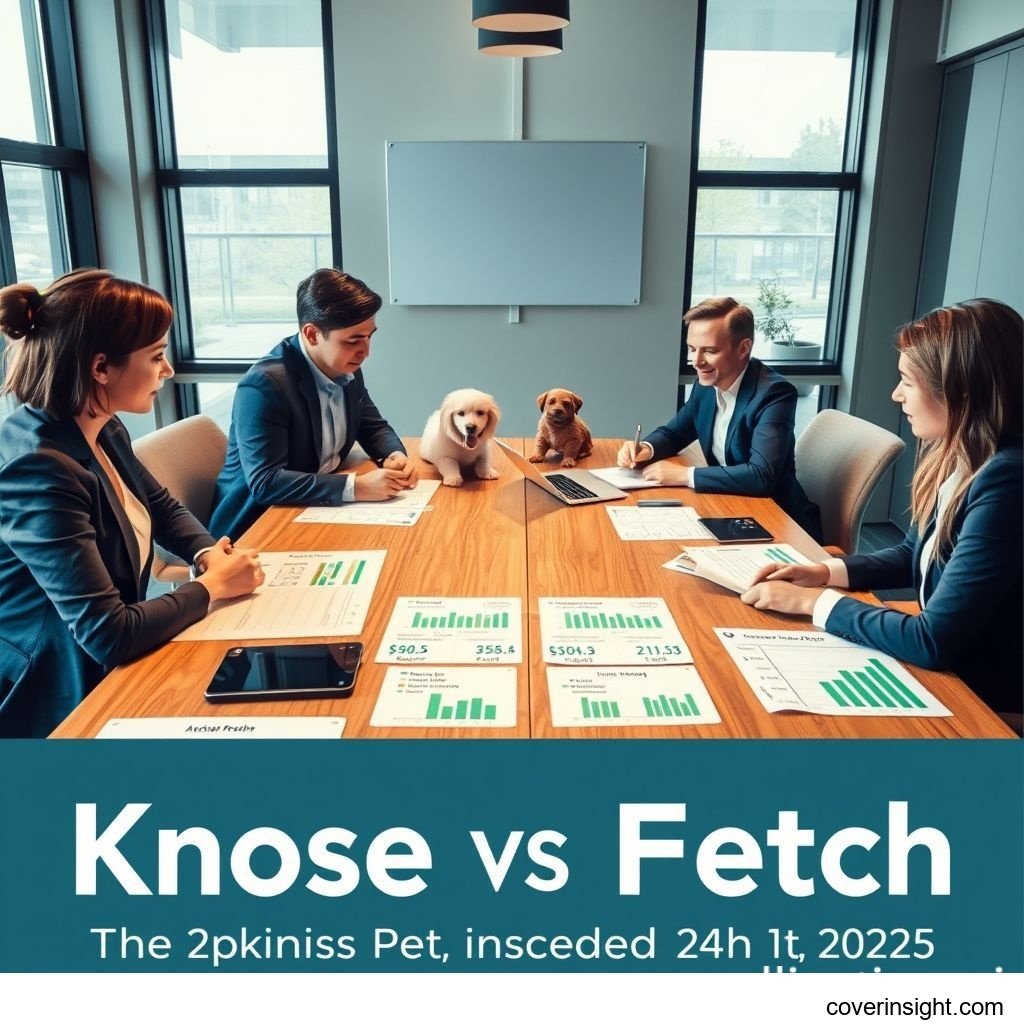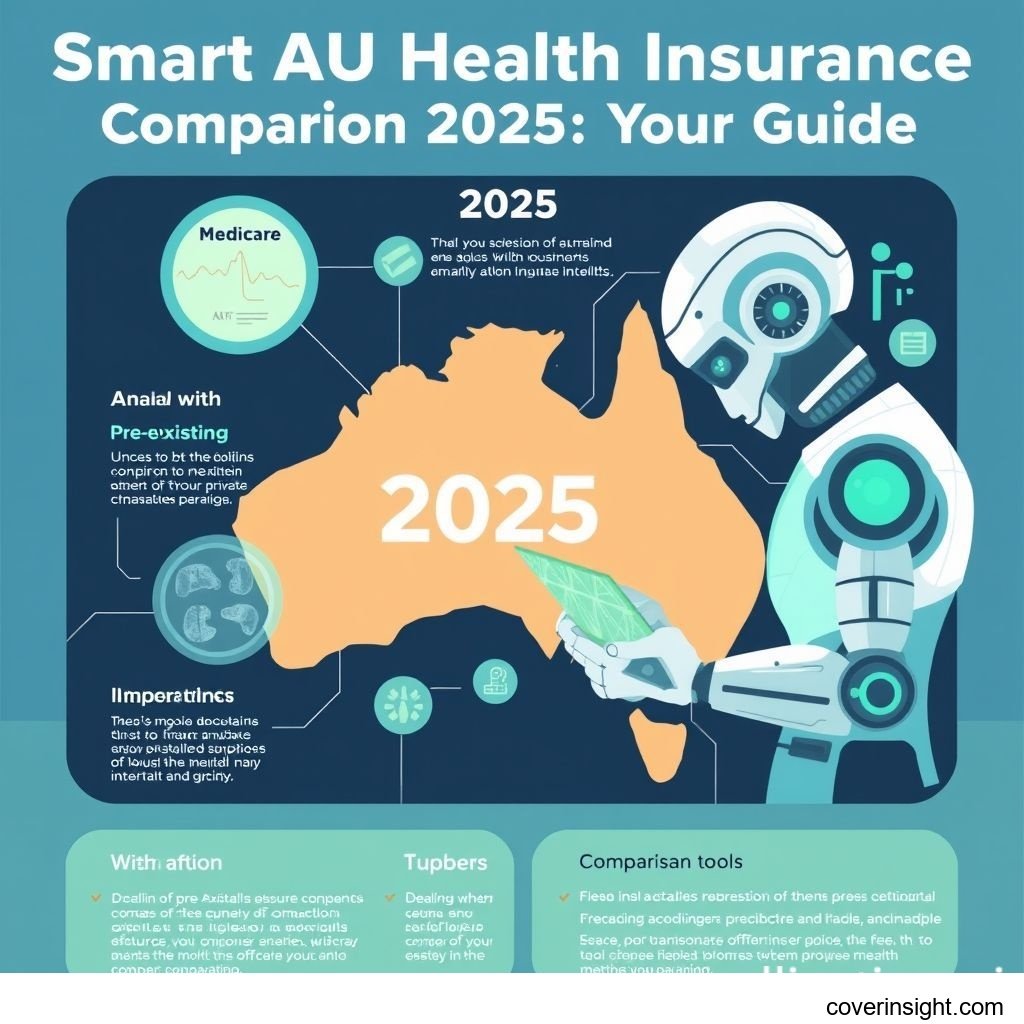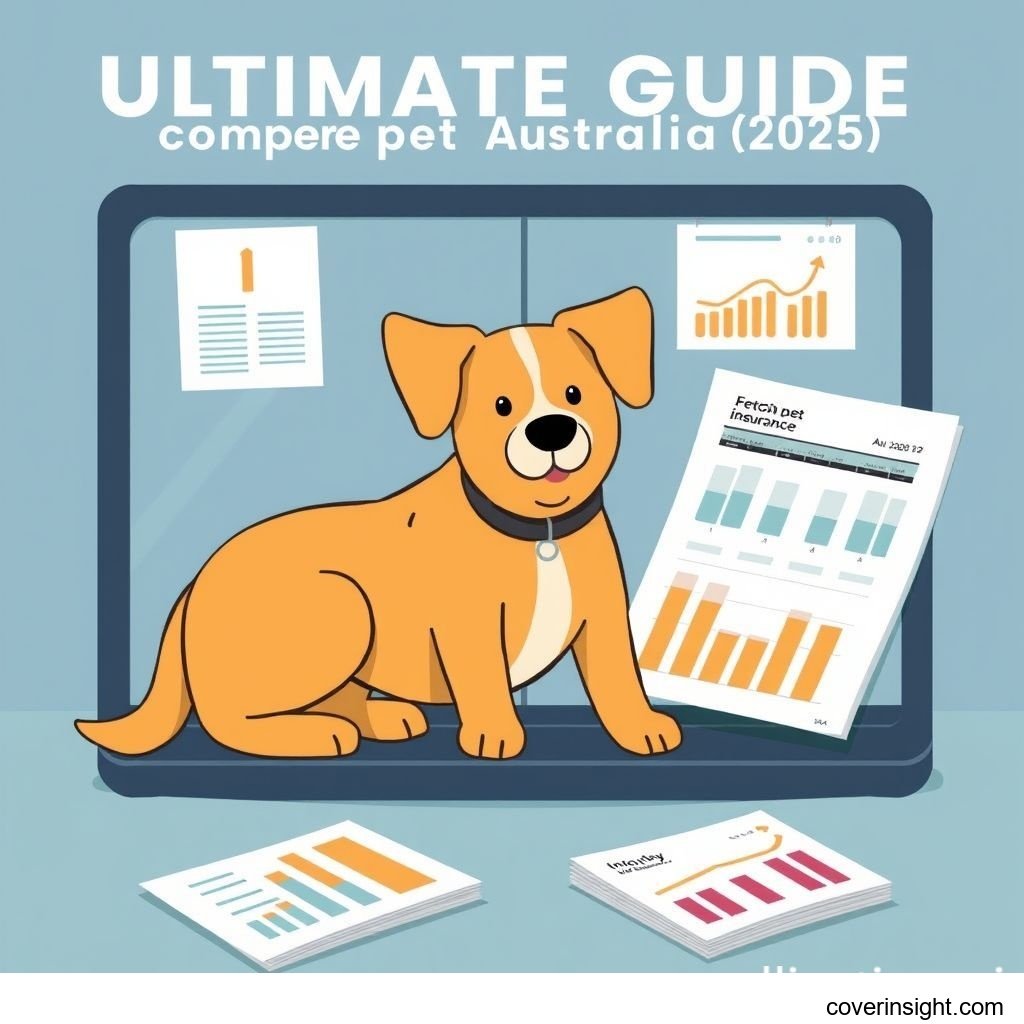Introduction
In the dynamic landscape of Australian personal finance, securing reliable and affordable car insurance is not just a convenience, but a crucial necessity. As we look towards 2025, Budget Direct Car Insurance continues to stand out as a prominent player, offering a range of policies designed to protect vehicle owners across the nation. This comprehensive guide aims to illuminate the various facets of Budget Direct Car Insurance, helping you understand its offerings, cost factors, and how it can provide peace of mind on Australia's roads. Choosing the right coverage is paramount, not only for financial security but also for fulfilling legal obligations and navigating unforeseen incidents with confidence.
Understanding Budget Direct Car Insurance Policies
Budget Direct offers a variety of car insurance policies tailored to different needs and budgets, ensuring drivers can find a suitable option. From comprehensive protection to more basic third-party cover, understanding the nuances of each policy is key to making an informed decision about your Budget Direct Car Insurance.
What’s Included: Core Benefits
Budget Direct’s policies are designed to provide robust protection against various risks. The level of coverage depends on the chosen policy type.
-
Comprehensive Car Insurance: This is their highest level of cover. It protects your vehicle against damage from accidents, theft, fire, and natural disasters. It also covers damage you cause to other people's property. Key inclusions typically feature:
-
Damage to your car (e.g., from collisions, hail, flood, storm).
-
Theft or attempted theft.
-
Fire damage.
-
Malicious damage or vandalism.
-
Damage to other people's property (legal liability).
-
New car replacement (if your car is a total loss and meets specific criteria).
-
Hire car after theft.
-
Emergency transport and accommodation.
-
Towing and storage costs.
-
Lock re-keying and remote replacement.
-
Trailers and caravans up to a specified value.
-
-
Third Party Fire & Theft: This policy offers a mid-level of protection. It covers damage your car causes to other people's property, and also covers your car if it's stolen or damaged by fire. It does not cover damage to your own car in an accident that is your fault.
-
Third Party Property Only: This is the most basic level of cover. It provides financial protection for damage you cause to another person's car or property in an accident. It does not cover damage to your own vehicle.
Choosing the appropriate Budget Direct Car Insurance policy ensures you're adequately protected for your specific driving habits and vehicle value.
Common Exclusions: What's Not Covered
While Budget Direct Car Insurance provides extensive coverage, it's equally important to understand what is typically excluded from policies. These exclusions are standard across most insurers and are crucial for avoiding surprises during a claim. Common exclusions can include:
-
Unlicensed Drivers: Damage occurring while the vehicle is being driven by an unlicensed person.
-
Illegal Use: Damage or loss resulting from illegal activities or driving under the influence of alcohol or drugs.
-
Unsafe Conditions: Damage incurred when the vehicle was unroadworthy or not maintained.
-
Wear and Tear: Routine mechanical failures, depreciation, or wear and tear are not covered.
-
Racing or Rallies: Damage occurring during participation in racing, rallies, or competitive events.
-
Pre-existing Damage: Damage that existed before the policy commenced.
-
Intentional Damage: Damage caused intentionally by the policyholder or an authorised driver.
-
Consequential Loss: Indirect losses, such as loss of income or profits, are generally not covered.
Always review the Product Disclosure Statement (PDS) for a complete list of terms, conditions, and exclusions relevant to your Budget Direct Car Insurance policy.
Cost Analysis: Budget Direct Car Insurance Premiums
Understanding how your premium for Budget Direct Car Insurance is calculated is key to managing your budget effectively. Several factors contribute to the final cost, reflecting the assessed risk associated with insuring your vehicle and its drivers.
Key Price Factors
Insurers, including Budget Direct, consider a range of variables when determining your car insurance premium. These factors help them assess the likelihood of you making a claim.
-
Your Vehicle: The make, model, age, and value of your car significantly impact the premium. More expensive or high-performance vehicles generally cost more to insure due to higher repair or replacement costs.
-
Your Driving History: A clean driving record with no prior claims or traffic infringements often leads to lower premiums. Drivers with a history of accidents or violations may face higher costs.
-
Your Age and Gender: Younger, less experienced drivers, especially males, often pay higher premiums due to statistical data indicating a higher risk profile. As drivers gain experience and mature, premiums may decrease.
-
Your Location: Where you live and park your car affects your premium. Areas with higher rates of theft, vandalism, or accidents typically result in higher insurance costs. Urban areas generally have higher premiums than rural ones.
-
How You Use Your Car: Whether your car is used for private use, commuting, or business purposes influences the premium. Cars used for business or long commutes may incur higher costs due to increased exposure to risk.
-
Annual Kilometres Driven: The more you drive, the higher the perceived risk. Policyholders who drive fewer kilometres might qualify for lower premiums.
-
Excess Amount: The excess is the amount you pay towards a claim. Choosing a higher excess can lower your premium, but means you pay more out-of-pocket if you make a claim. Conversely, a lower excess results in a higher premium.
-
Security Features: Cars equipped with anti-theft devices, alarms, or immobilisers may attract discounts due to reduced theft risk.
-
No Claim Discount (NCD): Building up a strong NCD by not making claims over several years can significantly reduce your premium.
By understanding these price factors, you can better estimate your potential Budget Direct Car Insurance costs.
Strategies for Saving on Your Premium
While many factors are beyond your control, there are proactive steps you can take to potentially reduce the cost of your Budget Direct Car Insurance.
-
Increase Your Excess: Opting for a higher voluntary excess will reduce your premium. Just ensure you can comfortably afford this amount if you need to make a claim.
-
Bundle Policies: Budget Direct often offers discounts for bundling multiple insurance policies, such as car, home, or contents insurance.
-
Maintain a Clean Driving Record: Avoiding accidents and traffic infringements helps you accumulate a no-claim discount, leading to lower premiums over time.
-
Pay Annually: Paying your premium annually instead of monthly instalments can sometimes lead to a slight discount, as it reduces administrative costs for the insurer.
-
Review Your Coverage: Periodically assess whether your current level of cover is still appropriate for your car's value and your needs. For older cars, comprehensive cover might no longer be the most cost-effective choice.
-
Take Advantage of Discounts: Ask about any available discounts, such as for restricted drivers, lower annual kilometres, or specific security features.
-
Shop Around: While this guide focuses on Budget Direct, always compare quotes from different providers to ensure you're getting competitive rates for comparable Budget Direct Car Insurance policies.
-
Improve Car Security: Installing approved security devices can reduce the risk of theft and may lead to a lower premium.
-
Garage Your Car: Parking your car in a secure garage overnight can reduce the risk of theft or vandalism, which might be reflected in your premium.
Implementing these strategies can help you secure more affordable Budget Direct Car Insurance without compromising essential coverage.
Making a Claim with Budget Direct
Navigating the claims process can feel daunting, but Budget Direct aims to make it as straightforward as possible. Knowing the steps involved can significantly reduce stress if you ever need to file a claim.
Step-by-Step Claims Process
If you find yourself in a situation where you need to make a claim on your Budget Direct Car Insurance, follow these general steps:
-
Ensure Safety: First and foremost, ensure the safety of all parties involved. Move vehicles to a safe location if possible and assist any injured persons.
-
Gather Information: Collect details at the scene, including:
-
Date, time, and location of the incident.
-
Contact information of other drivers, passengers, and witnesses.
-
Vehicle details (make, model, license plate) of all vehicles involved.
-
Photos of the damage to all vehicles and the scene.
-
Police report number if police attended.
-
-
Notify Budget Direct: Contact Budget Direct as soon as possible to report the incident. You can typically do this online through their claims portal or by phone.
-
Provide Details: Explain what happened clearly and accurately. You will need your policy number and the information gathered at the scene.
-
Assessment and Repair: Budget Direct will assess the damage. They may request photos, or arrange for an assessor to inspect your vehicle. Once approved, they will guide you through the repair process, often directing you to their network of approved repairers.
-
Excess Payment: You will generally be required to pay your policy excess directly to the repairer or Budget Direct, depending on the claim type and policy terms.
-
Claim Resolution: Once repairs are complete (or if the car is a total loss, a settlement is reached), your claim will be finalised.
Tips for a Smooth Claim
To ensure your claim progresses efficiently with Budget Direct Car Insurance:
-
Act Quickly: Report the incident to Budget Direct as soon as it's safe to do so.
-
Be Thorough: Provide as much detail and evidence as possible. Clear photos are invaluable.
-
Be Honest: Always provide accurate and truthful information. Misleading information can invalidate your claim.
-
Understand Your Policy: Familiarise yourself with your PDS, especially your excess amount and specific coverage details, before you need to claim.
-
Keep Records: Maintain a record of all communications with Budget Direct, including dates, times, and names of representatives.
-
Don't Admit Fault: Avoid admitting fault at the scene of an accident. Let the insurer determine liability based on the evidence.
Following these tips can help expedite the process and ensure a positive experience with your Budget Direct Car Insurance claim.
Holistic Coverage Considerations: Beyond Car Insurance
While our primary focus is on Budget Direct Car Insurance, it's vital to consider your broader insurance needs. A comprehensive approach to personal protection often extends beyond just your vehicle, encompassing health, home, and income protection.
Comprehensive Insurance Planning
Effective financial planning involves assessing all potential risks to your assets, income, and well-being. Car insurance protects your vehicle and liability, but it's only one piece of the puzzle. Australians often require a layered approach to insurance, considering how different policies complement each other to create a robust safety net. This includes:
-
Home and Contents Insurance: Protecting your dwelling and possessions from damage or theft.
-
Life Insurance: Providing financial support to your loved ones in the event of your passing.
-
Income Protection: Replacing a portion of your income if you're unable to work due to illness or injury.
-
Health Insurance: Covering medical expenses not fully covered by Medicare.
When evaluating your overall insurance portfolio, it's worth considering the various products offered by different providers. For example, while Budget Direct Car Insurance focuses solely on vehicles, other insurers or Budget Direct's sister products might offer different types of coverage. For global insurance resources, you can visit Insurance Resources Global. For more specific information on insurance in Australia, refer to AU Insurance Home.
Understanding Health-Related Coverages
It's crucial to understand that Budget Direct Car Insurance policies are specifically designed to cover risks related to your vehicle. They do not extend to personal health matters. Therefore, if you are concerned about medical expenses, separate health insurance policies are necessary. Key health coverages that are distinct from car insurance include:
-
Chronic Condition Coverage: This type of health insurance specifically addresses the ongoing medical costs associated with managing long-term health issues like diabetes, heart disease, or autoimmune disorders. Such chronic condition coverage ensures access to necessary treatments, medications, and specialist consultations, which are vital for maintaining quality of life. This is a critical component of personal health security, separate from vehicle protection.
-
Dental Care Coverage: Health insurance policies, particularly those with ancillary or 'extras' benefits, often include dental care coverage. This covers a portion of the costs for routine check-ups, cleanings, fillings, and sometimes more significant procedures like orthodontics or crowns. Access to good dental care coverage is essential for oral health, preventing more serious and costly issues down the line.
These health-focused coverages are typically offered by health insurers and are distinct from general insurance products like car insurance. Organisations like the Australian Prudential Regulation Authority regulate the insurance industry, ensuring policies meet certain standards. The Insurance Council of Australia also provides valuable consumer information regarding various insurance types. While Budget Direct excels in vehicle protection, always review your full range of insurance needs to ensure comprehensive security, including for areas like chronic condition coverage and dental care coverage.
Choosing Budget Direct: Benefits and Considerations
When selecting a car insurance provider, many Australians consider Budget Direct due to its competitive pricing and comprehensive offerings. Understanding their specific advantages and how to navigate policy options can help you make an informed choice.
Advantages of Budget Direct Car Insurance
Budget Direct has carved out a strong reputation in the Australian insurance market, appealing to a wide range of drivers. Key advantages include:
-
Competitive Premiums: Budget Direct is renowned for offering highly competitive premiums, often appealing to those looking for affordable yet robust coverage.
-
Range of Policy Options: They provide various levels of cover—Comprehensive, Third Party Fire & Theft, and Third Party Property Only—allowing customers to choose a policy that suits their budget and needs.
-
Online Convenience: Their user-friendly website and online quote system make it easy to get a quote, purchase a policy, and manage your account digitally.
-
Claims Process Efficiency: Budget Direct aims for a streamlined claims process, providing clear instructions and support when you need to make a claim.
-
Strong Customer Service: While an online focus, they maintain customer support channels for assistance with queries and claims.
-
Awards and Recognition: Budget Direct has frequently received industry awards for value and customer satisfaction, reinforcing their position in the market.
-
Optional Extras: The ability to tailor policies with optional extras like roadside assistance, hire car after an at-fault accident, or windscreen cover.
Choosing Budget Direct Car Insurance often means balancing cost-effectiveness with reliable service and flexible policy options.
Navigating Your Policy Options
To ensure you get the most suitable Budget Direct Car Insurance policy, consider the following when navigating your options:
-
Assess Your Needs: Determine the level of coverage you truly require. Is your car new and valuable, warranting comprehensive cover? Or is it an older vehicle where Third Party Property might suffice?
-
Compare Quotes: Use Budget Direct's online quoting tool to compare different policy types and how varying excesses impact your premium.
-
Read the PDS Carefully: Before committing, thoroughly read the Product Disclosure Statement. This document outlines the inclusions, exclusions, terms, and conditions of your chosen Budget Direct Car Insurance policy.
-
Consider Optional Extras: Decide if optional extras like roadside assistance or hire car cover are valuable additions for your peace of mind, weighing their cost against their benefits.
-
Review Discounts: Enquire about any discounts you might be eligible for, such as multi-policy discounts or loyalty rewards.
-
Understand Excesses: Be clear on the standard excess and any additional excesses (e.g., for young drivers, unlisted drivers) that might apply to your policy.
By diligently reviewing these aspects, you can confidently select a Budget Direct Car Insurance policy that aligns with your specific requirements and budget for 2025.
Frequently Asked Questions (FAQs)
Here are some common questions regarding car insurance in Australia, specifically pertaining to Budget Direct’s offerings for 2025.
-
How much does budget direct car insurance cost?
The cost of Budget Direct Car Insurance varies significantly based on numerous factors. These include the type of policy (Comprehensive, Third Party Fire & Theft, or Third Party Property), your vehicle's make and model, your age and driving history, where you live, and the excess amount you choose. To get an accurate figure, it's best to obtain a personalised quote directly from Budget Direct online or over the phone.
-
What factors affect car insurance premiums?
Premiums are influenced by various elements. Key factors include the driver's age, gender, driving history (claims, infringements), where the car is garaged, the type of car, its value, and how it's used (e.g., private vs. business). Other considerations are the chosen excess, and the specific level of coverage. These elements help insurers assess risk.
-
Is car insurance mandatory in Australia?
While Comprehensive, Third Party Fire & Theft, or Third Party Property Only car insurance policies are not legally mandatory across all of Australia, Compulsory Third Party (CTP) insurance (also known as Green Slip in NSW) is mandatory. CTP covers compensation for people injured or killed in an accident where your vehicle is involved. It does not cover damage to vehicles or property. While not legally required, additional Budget Direct Car Insurance beyond CTP is highly recommended for financial protection.
-
How to choose the right Budget Direct car insurance policy?
To choose the right policy, assess your vehicle's value, your budget, and your risk tolerance. For new or high-value cars, comprehensive Budget Direct Car Insurance offers the most protection. For older, lower-value vehicles, a Third Party Fire & Theft or Third Party Property Only policy might be more cost-effective. Always read the Product Disclosure Statement (PDS) to understand what's included and excluded, and compare quotes to find the best fit.
-
What are the consequences of driving without car insurance?
Driving without mandatory CTP insurance is illegal and can result in significant fines, licence suspension, and even imprisonment in some jurisdictions. While not legally mandated, driving without additional car insurance (like Comprehensive) means you are personally liable for any damage you cause to other vehicles or property, which could amount to tens of thousands of dollars. It also means you bear the full cost of repairing or replacing your own vehicle if it's damaged or stolen.










Comments